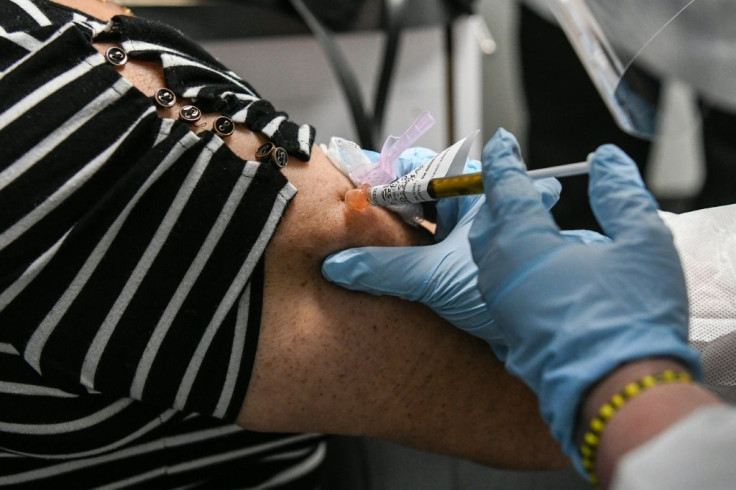Sorrento Therapeutics' Slow-But-Steady Approach To COVID-19
(NASDAQ:SRNE) has taken a broad approach to developing tests, treatments, and vaccines for COVID-19. In the process, the biotech certainly hasn't broken any biotech speed records and trails the leaders in each of the three categories.
Nevertheless, in this article from Motley Fool Live recorded on Nov. 12, Henry Ji, chairman, president, and CEO of Sorrento, says the broad approach hasn't slowed down development. Ji thinks the company's neutralizing antibodies are potentially more active than the frontrunners, which could help the biotech catch up and compete.
Brian Orelli: We talked about a lot of different products. Why did you decide to go so broad rather than focus on one or two treatments?
Henry Ji: Brian, our company has a lot of expertise, especially the antibodies space. We view this coronavirus as multi-pronged and multi-angle strategy as one angle may or may not work at all patients. That's why we say, detect early, treat timely. Treat timely means in the mild to moderate symptom, you may want the neutralizing antibody could be outpatient settings, very effective. But he already gets into hospital, this antibody may or may not work, and that is when you want to preventing the cytokine storm kicks in. That's when the anti-cytokine storm drugs could be very effective. Potentially, very interesting. If it gets to really late, certain tissues been damaged, certainly, the antibody not going to helpful, an anti-cytokine storm drug may not helpful, but the regenerative medicine or the stem cell-based testing of the treatment could be very helpful. Because our company has the expertise built through over 10 years period of time and the first very naturally to apply different expertise, different product into the different time period of the disease.
Brian Orelli: But do you think you would have maybe been able to move faster if you had focused on one or two of them rather than taking such a broad approach? You're in phase 1 and we have neutralizing antibodies that are already authorized, obviously too quickly compared to your competitors.
Henry Ji: Actually, even we want to focus in only a neutralizing antibody, it doesn't not move that fast, because it's the process itself independent of the other process. If you're putting all resources into one neutralizing antibody, that does not speed up the process because you still have to make the cell line, you still have to cGMP express it, you still have to finish the product, you still have to apply IND filing and to get the FDA clearance. By the time you get the FDA clearance, we're probably moving other product and now, you have multi-angle, multi-pronged strategy. You're testing the drugs in different stage. Some of them can work, some of them may or may not work, but if you have multiple shot at goals, you may be able to get one or two -- maybe luckily get all of them moving in the right direction, get approval hopefully one day very soon.

Now, the other thing is, imagine you have a neutralizing antibody. So while you already got one EUA approved, that EUA is very limited, for outpatient firstly preventing hospitalization. But if you have a very mild symptom, why you having infusion? [...] antibody infusion in the hospital setting. You want to have intranasal and we are the first company potentially have the intranasal application.
Secondly, our IV is not an infusion; it's an IV push, and we have very low quantity. Secondly, this population right now, you have a 65,000 hospitalized patient. You have roughly 150,000 people infected daily, and you need large quantity, large doses to treat all these patient, and not one company is going to handle all of them. You need a lot of players in that and with differing angle. Neutralizing antibody, you need a lot.
The other thing is the clinical trials moves very fast. For example, Regeneron [Pharmaceuticals] moving from phase 1, get the clearance, may move to phase 3 in 20 days. We right now have the antibody. So we have first patient in, we can potentially move very fast into phase 3, and with that in place, if you have the whole symptom, we can reduce the symptom, reduce the severity, your readout in a very short period of time. If that's the case, you can move this whole programs very, very fast. If your drugs effective, as we expecting our drugs very potent, very effective as demonstrated by animal, which animal data so far translate really well into human, if that's the case, we may get the drugs approved very fast.
This article originally appeared in The Motley Fool. The Motley Fool has a disclosure policy.





















